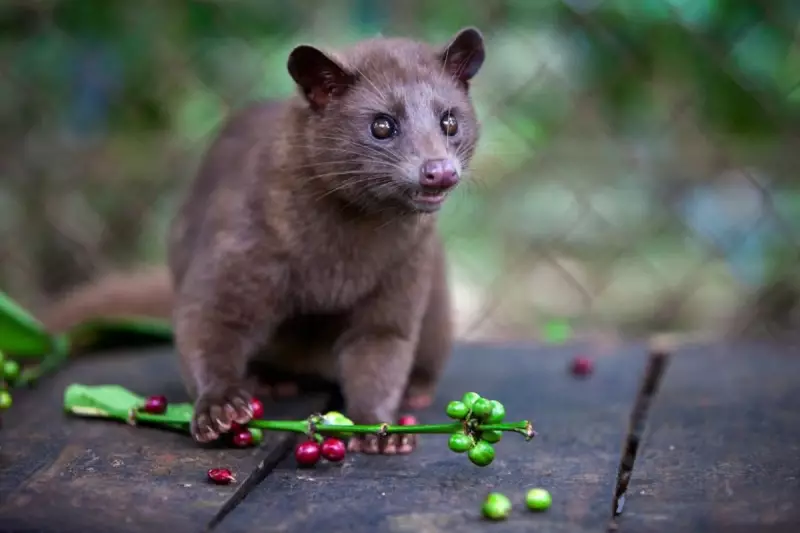
Scientists have finally unravelled the biochemical mystery behind Kopi Luwak, the world's most controversial and expensive coffee that passes through the digestive system of Asian palm civets. New research reveals how this unusual production method creates a coffee with significantly more complex aromatic compounds than conventional beans.
The Science Behind the Luxury Brew
According to findings published in the journal Food Chemistry, the civet's digestive process fundamentally alters the chemical composition of coffee beans. Researchers from the University of British Columbia discovered that beans collected from civet droppings contain higher concentrations of key compounds responsible for coffee's signature aroma and flavour profile.
What Makes Civet Coffee Different?
The study compared green coffee beans from civet digestion with regular beans and identified several crucial differences:
- Enhanced aromatic precursors that develop during roasting
- Reduced bitterness compounds compared to standard beans
- Unique protein breakdown that alters flavour development
- Increased antioxidant activity in the final brew
Ethical Concerns and Scientific Validation
While Kopi Luwak has faced significant criticism over animal welfare concerns in some production facilities, this research provides the first scientific explanation for why the coffee developed such a cult following among connoisseurs.
Professor Zhiping Feng, who led the research, explained: "The digestive enzymes and fermentation process in the civet's gut break down proteins into smaller molecules, including peptides and free amino acids. These changes directly impact the Maillard reaction during roasting, creating more complex flavour compounds."
The Future of Coffee Science
This breakthrough doesn't just explain Kopi Luwak's unique characteristics—it opens doors for developing new coffee processing methods that could replicate these desirable chemical changes without animal involvement. Researchers suggest that understanding these biochemical transformations could revolutionise how specialty coffees are produced worldwide.
The study analysed beans from both wild and captive civets, noting that ethical sourcing and production methods significantly impact both the quality of the final product and the wellbeing of the animals involved.





